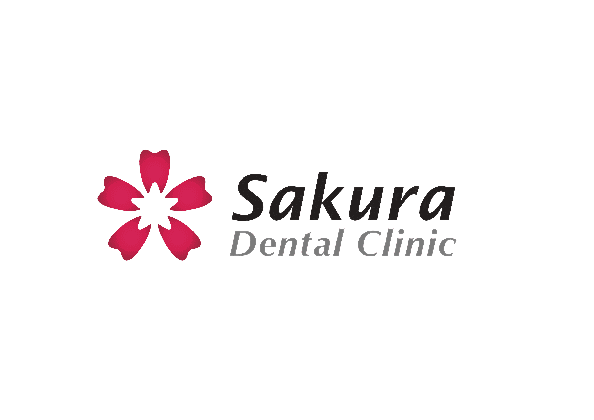
Table of contents
- 1. Stages of healing after dental implant placement
- 2. Factors affecting healing time
- 3. Care after dental implant
- 4. Possible complications and how to handle them
- 5. Benefits of dental implants
- 6. Compare the healing time of Implant with other methods
- 7. Frequently asked questions about Implant healing time
- 8. Conclusion
1. Stages of healing after dental implant placement
The healing process after dental implant placement can be divided into the following stages:
1. Initial stage (1-7 days): After surgery, swelling, pain and slight bleeding may occur. This is a normal reaction of the body.
2. Granulation tissue formation phase (1-3 weeks): Cells begin to form granulation tissue around the implant, which is the first step in the healing process.
3. Bone formation phase (3-12 weeks): Bone begins to form around the Implant, creating the initial connection.
4. Bone regeneration phase (3-6 months): Bone continues to grow and strengthen around the Implant, creating a strong connection.
5. Stabilization phase (after 6 months): The implant has firmly bonded to the bone and is ready to be fitted with a porcelain crown.
Healing time can vary between individuals, but it typically takes 3 to 6 months for the implant to fully fuse with the jawbone.

2. Factors affecting healing time
There are many factors that affect healing time after dental implant placement:
1. General health: People in good health often have a faster healing process.
2. Age: Young people often heal faster than older people.
3. Bone quality: Strong bones will help the implant heal faster.
4. Implant placement: Different locations in the mouth have different healing times.
5. Surgical technique: The less invasive the surgery, the faster the healing time.
6. Lifestyle habits: Smoking and drinking alcohol can slow down the healing process.
7. Nutrition: Eating a nutritious diet will aid the healing process.
3. Care after dental implant
To ensure the healing process goes well, post-implant care is very important:
1. Clean your teeth thoroughly but gently.
2. Use a soft brush and dental floss to clean around the implant.
3. Rinse your mouth with warm salt water after every meal.
4. Do not smoke.
5. Avoid strenuous physical activity for the first few days.
6. Follow your doctor's follow-up schedule.
7. Eat soft foods and avoid chewing in the implant area in the beginning.

4. Possible complications and how to handle them
Although rare, some complications can occur during the healing process:
1. Infection: If there are signs of swelling, prolonged pain or pus, contact your doctor immediately.
2. Implant does not fuse with bone: In some cases, the implant may not fuse tightly with the bone. The doctor will evaluate and have an appropriate treatment plan.
3. Nerve damage: Rare, but if you feel unusual numbness or pain, notify your doctor.
4. Peri-implantitis: Can occur due to poor hygiene. Follow your dentist's hygiene instructions for prevention.
5. Benefits of dental implants
Although the healing process can take time, dental implants offer many benefits:
1. Restore chewing function like real teeth.
2. Improve aesthetics, help smile more confidently.
3. Protect jawbone, prevent bone loss.
4. Does not affect adjacent teeth.
5. Long life, can be used for a lifetime if well cared for.
6. Compare the healing time of Implant with other methods
Compared to other tooth restoration methods, dental implants have a longer healing time:
– Dental bridge: Healing time is about 2-3 weeks.
– Removable dentures: Can be used immediately, no healing time required.
– Implant: It takes 3-6 months for the bone to heal completely.
However, this waiting time is necessary to ensure the Implant fuses firmly with the bone, providing long-lasting and sustainable results.
7. Frequently asked questions about Implant healing time
1. Is dental implant painful?
– The surgery is performed under anesthesia so it is painless. There may be some discomfort after surgery but it will gradually subside.
2. Can I eat normally after dental implant surgery?
– During the first few weeks, you should eat soft foods and avoid chewing in the implant area.
3. When can I brush my teeth normally after implant placement?
– You can brush your teeth gently from the first day, but avoid the surgical area for the first few days.
4. Do I need to take time off work after getting dental implants?
– Usually can return to work after 1-2 days, depending on the specific condition.
5. How do I know if the implant is completely healed?
– The doctor will check with X-ray and other methods to determine if the implant has completely healed.
8. Conclusion
Dental implants are an effective solution to restore missing teeth, providing many functional and aesthetic benefits. Although the healing time can last from 3 to 6 months, this is a necessary process to ensure the implant fuses firmly with the jawbone, creating a solid foundation for the new tooth.
Following your dentist’s aftercare instructions, maintaining good oral hygiene, and being patient during the healing process will all contribute to the success of your treatment. If you are considering dental implants, consult your dentist for a detailed consultation and to choose the option that best suits your dental condition.
With proper care and patient waiting, you will soon have the healthy teeth and confident smile you desire.



